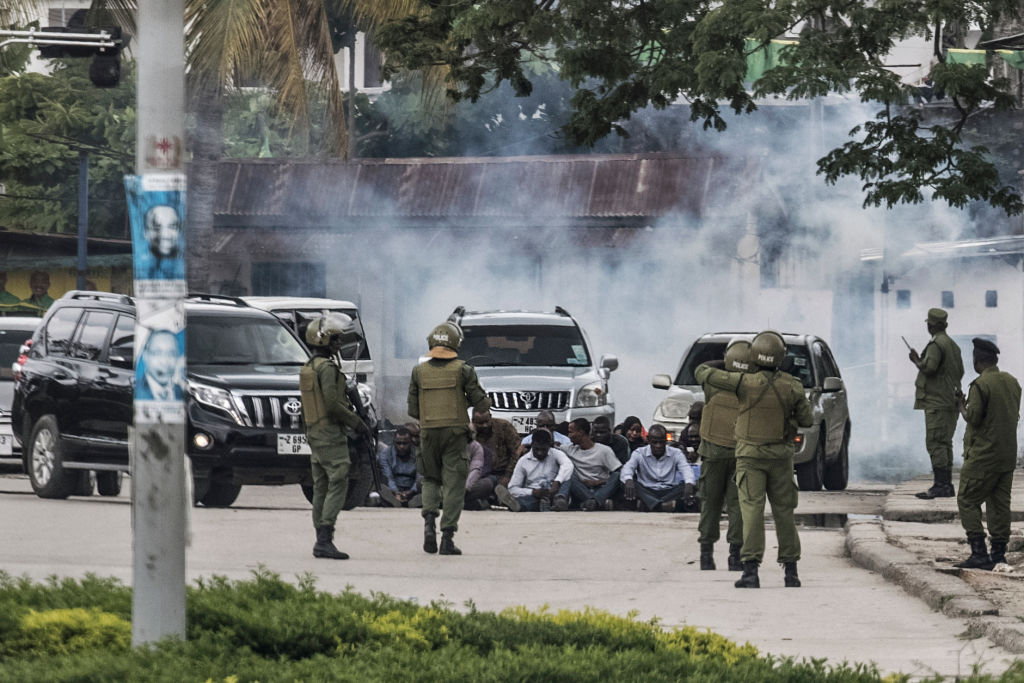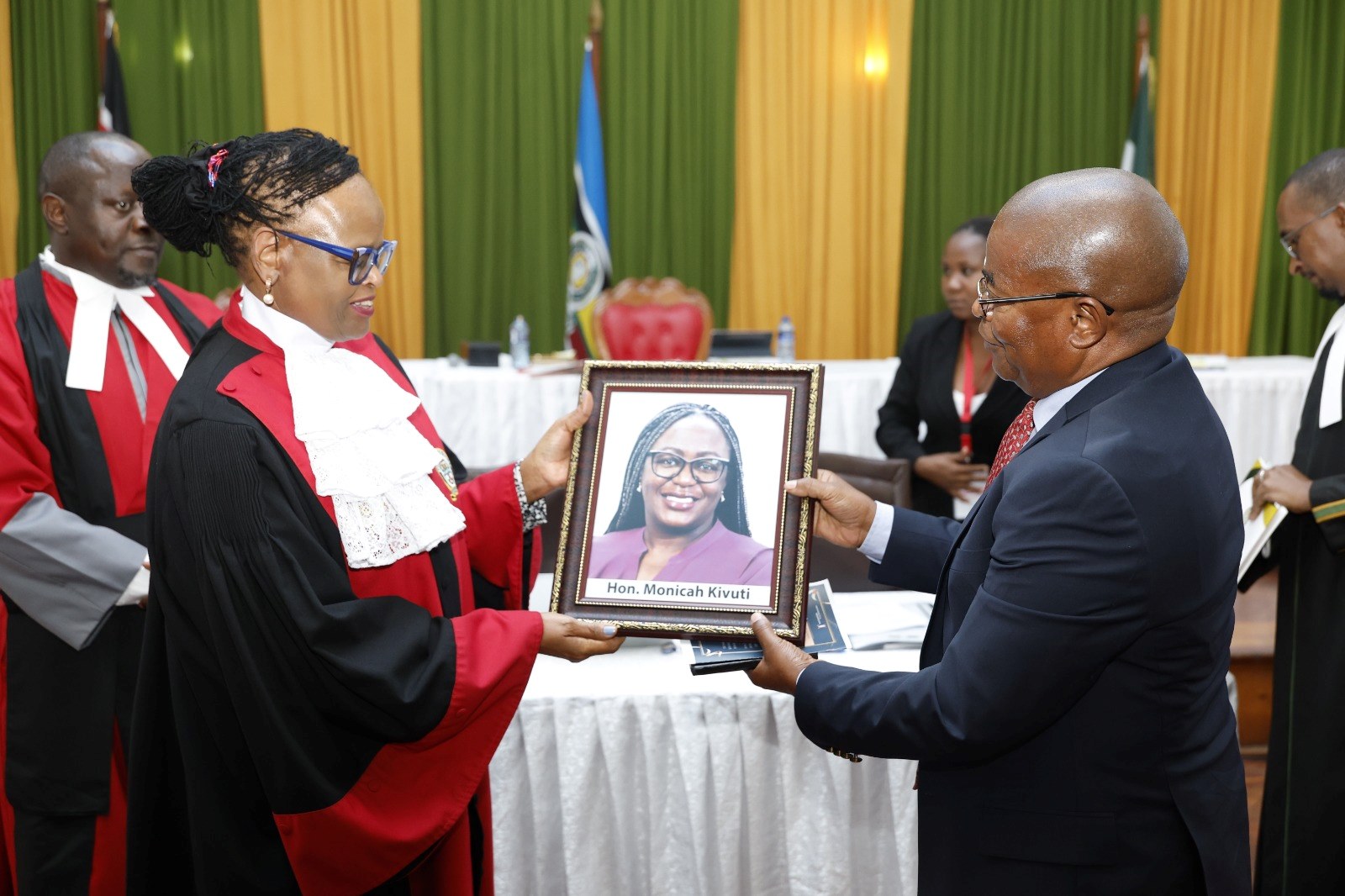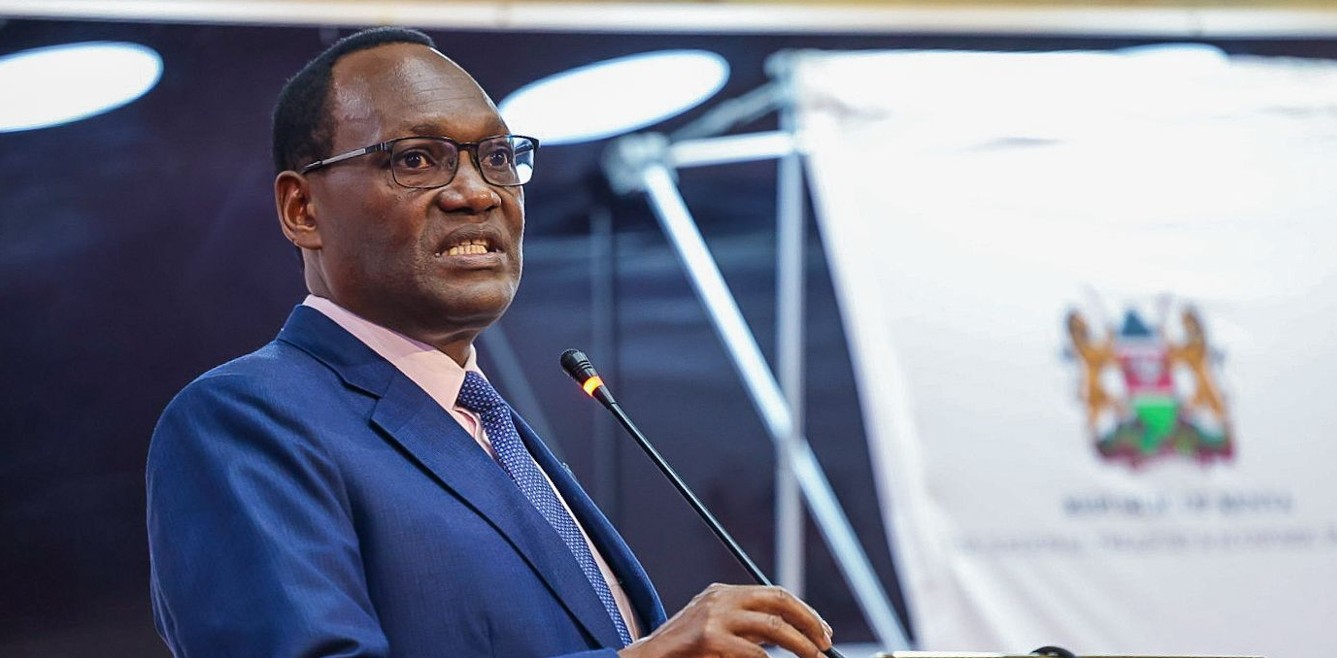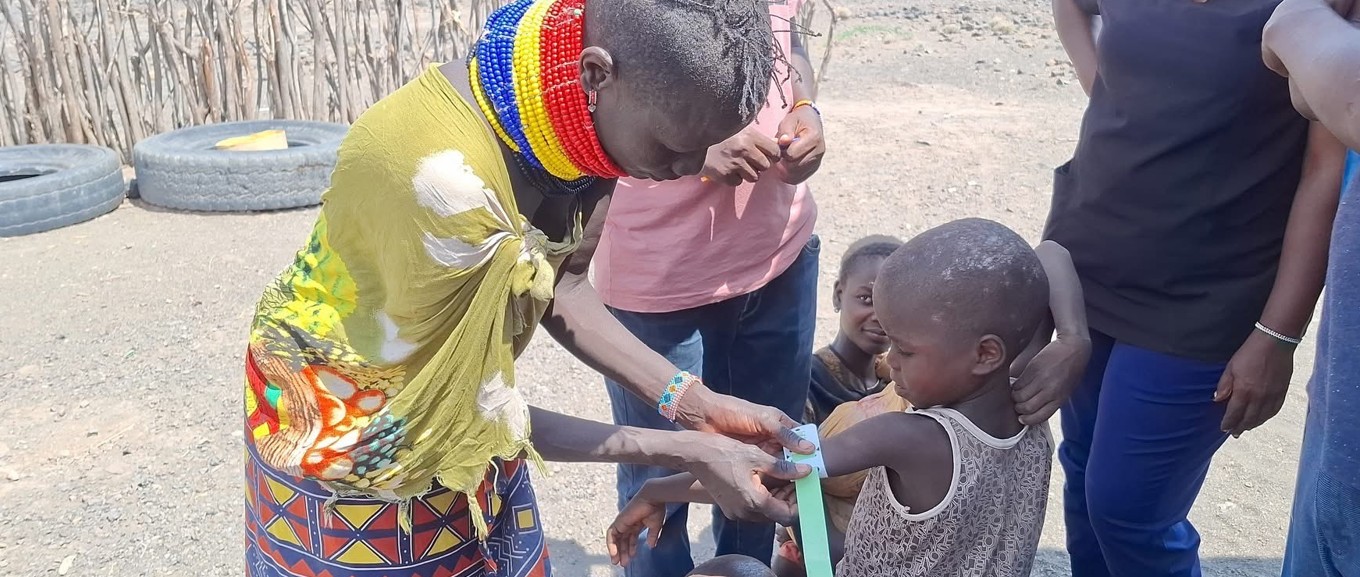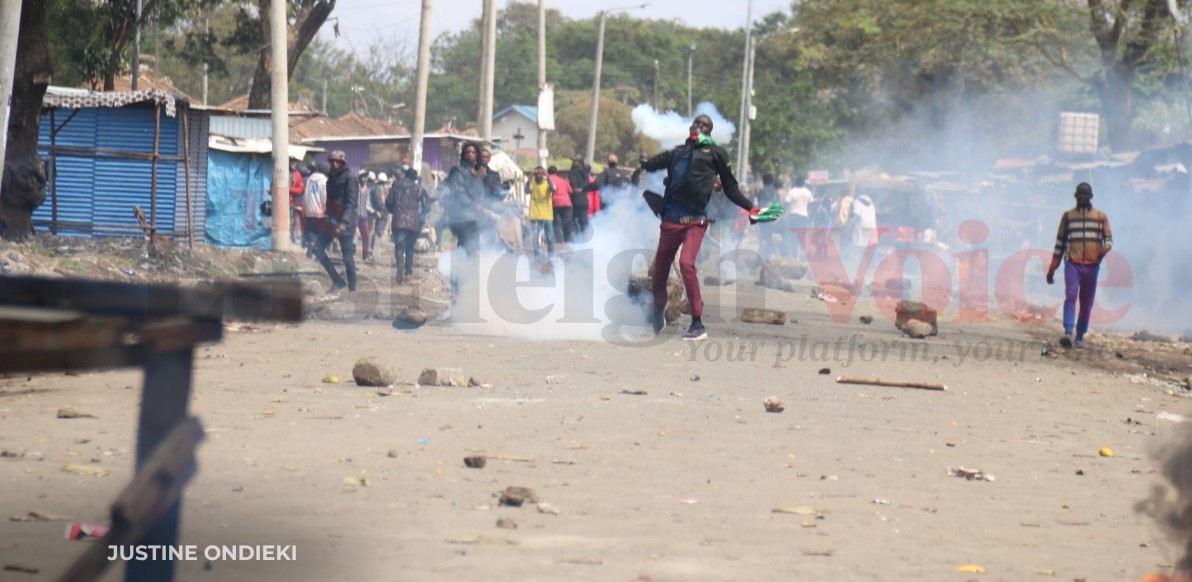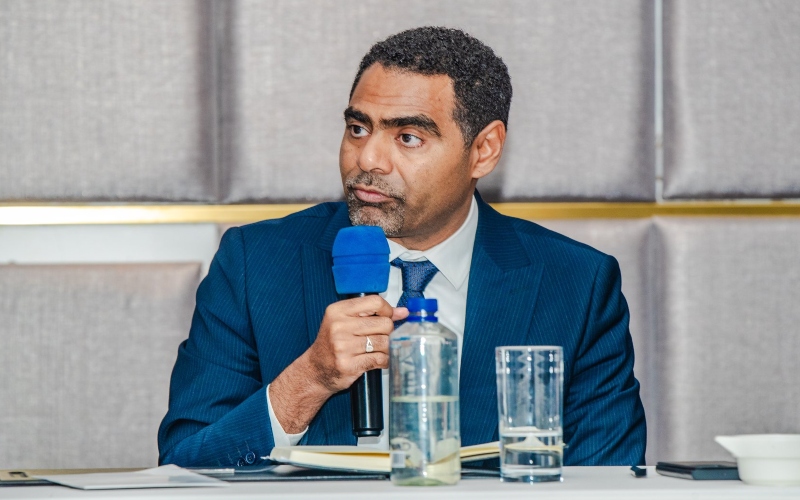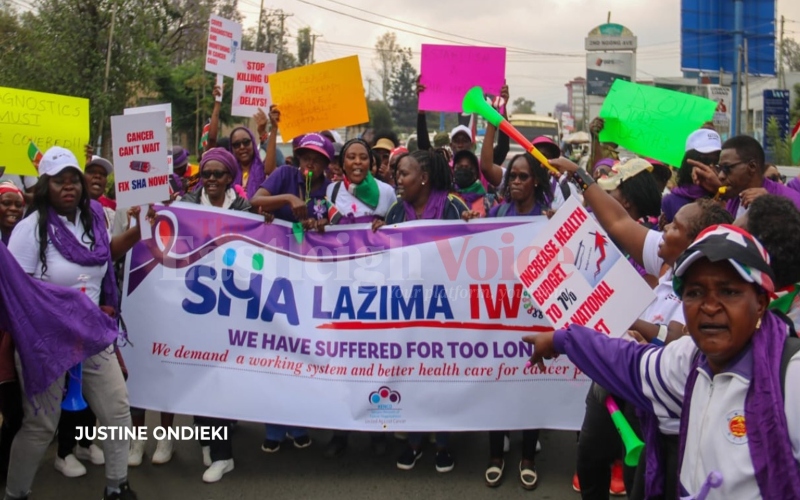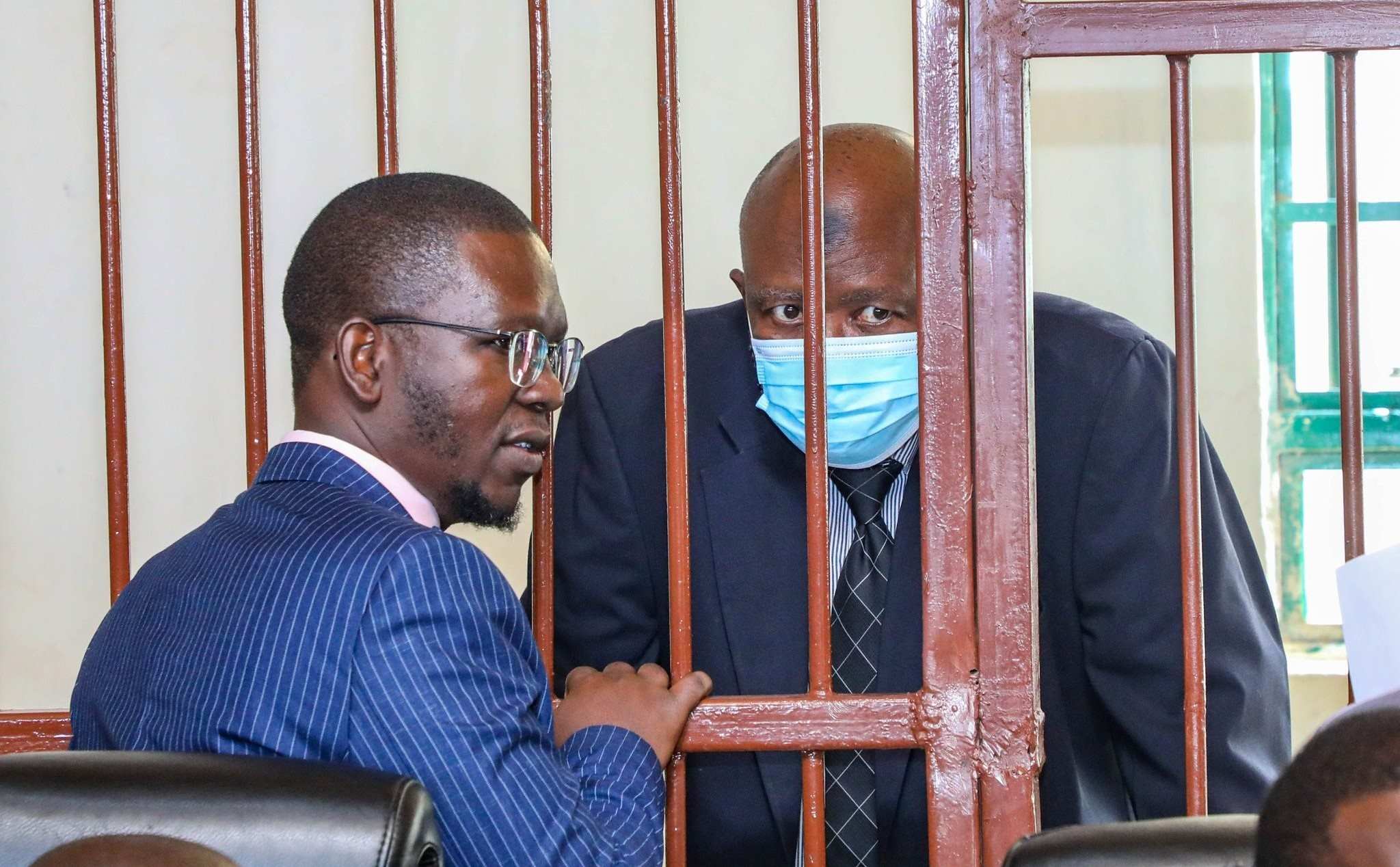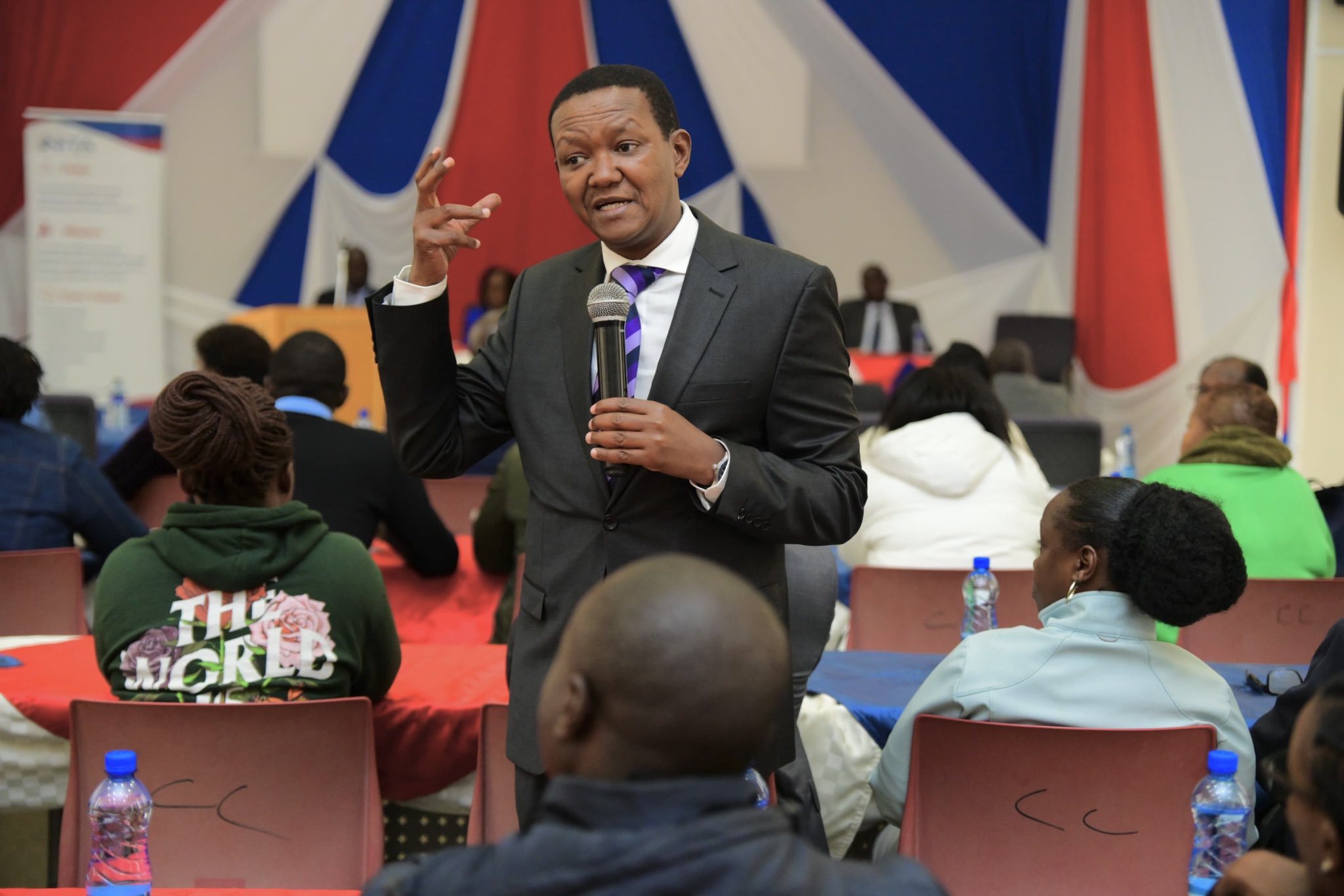Somalia secures release of more than 50 nationals held in DRC
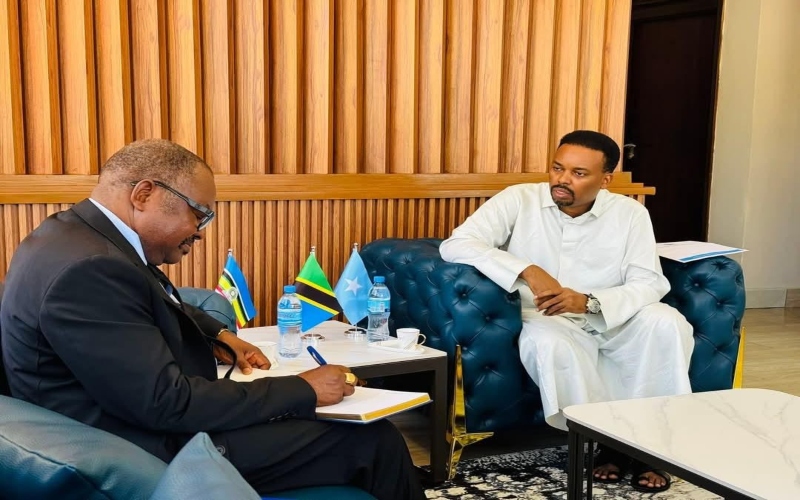
Officials said the outcome marks the result of coordinated negotiations between Somali and Congolese authorities, with the Somali Embassy in Tanzania playing a key role in facilitating the process.
The Federal Government of Somalia has confirmed that more than 50 Somali citizens who were held in prisons in the Democratic Republic of Congo (DRC) have been released following a series of diplomatic engagements in recent days.
Officials said the outcome marks the result of coordinated negotiations between Somali and Congolese authorities, with the Somali Embassy in Tanzania playing a key role in facilitating the process.
More To Read
- EU plans increased funding to support Somalia’s security transition
- Goma airport can only be reopened by AFC/M23, say rebels
- Somalia e-visa breach exposes personal data of 35,000 applicants, including US and UK citizens
- Interpol flags online advertisements offering costly crossings into Europe
- IGAD calls for joint action to protect livestock, pastoral livelihoods in Horn of Africa
- Somali Electoral Commission to begin voter card distribution in Banadir ahead of elections
According to the government, Somali nationals had been detained under different circumstances in several parts of the DRC, with a large number of them held in the city of Lubumbashi. The decision to release them was reached after talks between Somali and Congolese representatives, who explored ways to resolve the matter through dialogue.
Ambassador Ilyas Ali Hassan, Somalia’s envoy to Tanzania, was directly involved in the discussions that led to the breakthrough. He met with Jean Pierra Massala, the Congolese Ambassador to Tanzania, and their negotiations created the framework that ultimately allowed the detainees to regain their freedom.
In a statement shared online, Ambassador Ilyas expressed gratitude to the Congolese leadership for responding positively to Somalia’s request. He underlined that constructive diplomatic engagement remains the most effective way of handling such sensitive cases involving citizens abroad.
“All Somali nationals who had been detained in different circumstances in the DRC, particularly in the city of Lubumbashi, have been released. Their number exceeded 50 people, following discussions we held with the Congolese authorities regarding their release,” Ambassador Ilyas said.
He also offered thanks to multiple actors who supported the initiative, noting that both government and community contributions were important in achieving the outcome.
“We thank our friendly government in Congo and its leadership, as well as the Somali community in Congo,” the ambassador stated.
He added that the solidarity of Somali citizens living in the country helped to strengthen the push for the release of those detained.
The announcement has been widely welcomed, with Somali officials emphasising that the decision represents progress in protecting the rights and dignity of nationals overseas.
However, authorities also acknowledged that the challenge of Somali citizens imprisoned abroad is not yet fully resolved. Reports indicate that many young Somalis remain in detention facilities in other African countries, raising concerns about their welfare and legal representation.
Government representatives said that efforts are underway to address these cases as part of a broader strategy to safeguard Somali nationals abroad. They explained that negotiations are continuing with several countries, with the aim of reaching agreements that would allow for the release or fair treatment of those still in custody.
Officials have also pointed to the need for greater collaboration between governments and diaspora communities in responding to situations where Somali citizens face legal or humanitarian difficulties outside their homeland.
For many families, the release of more than 50 Somalis in Congo provides relief after prolonged periods of uncertainty. The government has pledged to maintain momentum in pursuing similar outcomes elsewhere, arguing that the protection of citizens is a core responsibility of state institutions.
Somali officials reiterated that the process requires patience and persistence but affirmed their commitment to continue engaging partners in Africa and beyond until further progress is made.
Top Stories Today

